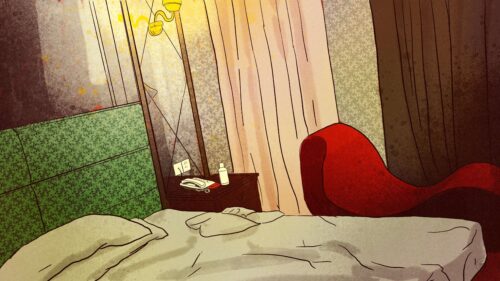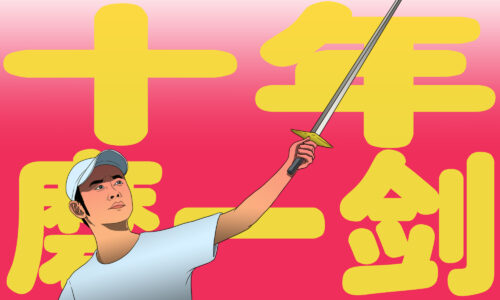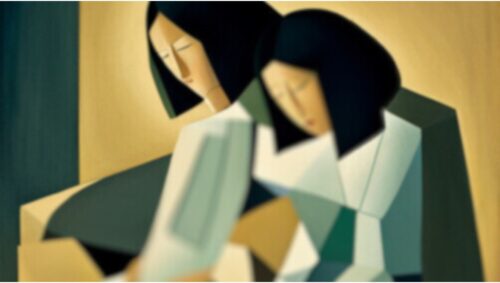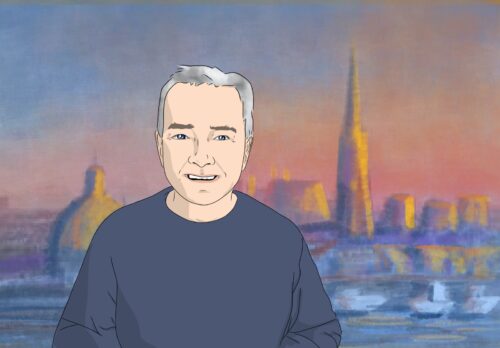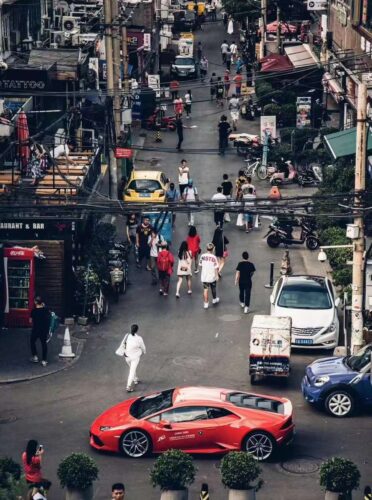‘What year are we in?’ — Phrase of the Week
After a cosplayer was detained in Suzhou for “provoking trouble” by wearing a kimono, a friend asked rhetorically on social media, “What year are we in?”
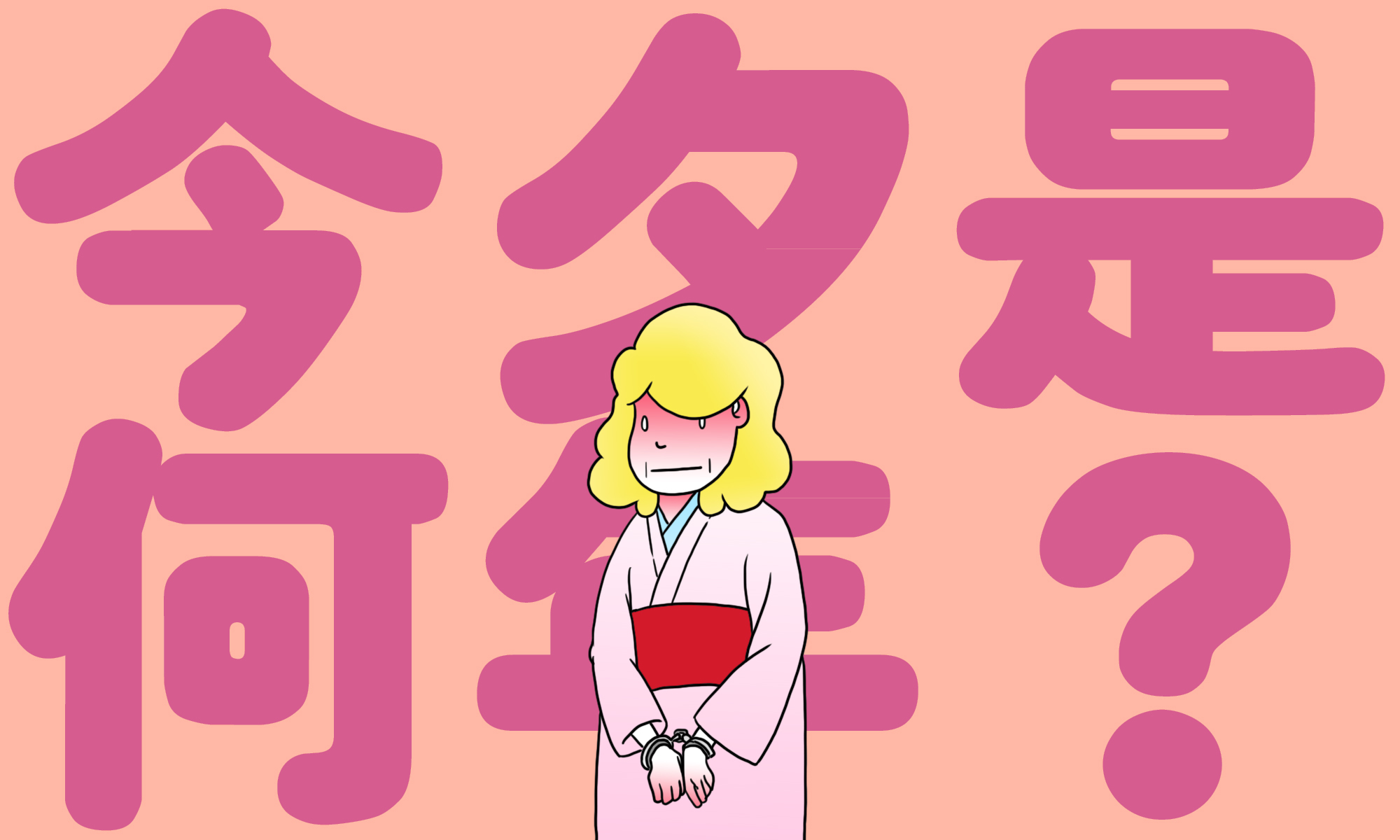
Our phrase of the week is: What year are we in? (今夕是何年 jīn xī shì hé nián).
Context
A video circulated online of a Chinese blogger dressed in a kimono and then taken away by Suzhou police for “picking quarrels and provoking trouble” (寻衅滋事 xún xìn zī shì) has gone viral on Chinese social media.
The woman describes herself as a cosplayer — someone who dresses up as a character from anime, manga (漫画 màn huà), TV shows, or other works of fiction.
On the evening of August 10, she was in a part of Suzhou called “Little Tokyo,” home to many Japanese businesses and restaurants, to be photographed in a kimono (和服 hé fú) to reenact a scene from a Japanese manga series.
Afterward, while she was waiting for her order at a local restaurant, a police officer approached her and eventually took her away. She was released five hours later.
In the days after the incident, one of her close friends posted on Weibo to express disappointment at the actions of the police, asking what counts as “picking fights and provoking trouble” and finishing off with a cryptic question:
Is walking down the street picking fights and provoking trouble?
….
What year are we in?请问在街上走就是寻衅滋事了?
…
今夕是何年?qǐngwèn zài jiē shàng zǒu jiùshì xúnxìn zīshìle?
jīn xī shì hé nián?
Translation
What year are we in? is a line from the poem “Water Song” (水调歌头 shuǐ diào gē tóu) by Sū Shì 苏轼.
Su Shi (1037–1101) was, among other things, a calligrapher, essayist, poet, and travel writer during the Song dynasty. He is one of the most accomplished figures in classical Chinese literature, having written over 2,700 poems, including some of China’s best-known works. Su’s poetry remains popular in China and Japan today.
One of Su’s best-known poems is “Water Song,” with the first four lines as follows:
When did the bright moon first appear?
I raise my wine cup and ask the blue sky.
No one knows in the celestial palaces,
What year is it this evening?明月几时有?
把酒问青天。
不知天上宫阙,
今夕是何年?míngyuè jǐshí yǒu?
bǎjiǔ wèn qīngtiān.
bùzhī tiānshàng gōngjué,
jīn xī shì hé nián?
What year is it this evening? is the line in the social media post from the cosplayer’s friend. But here, its meaning has completely changed.
The mood of the poem is warm and inquisitive; the social media post is anything but.
It’s used to rhetorically ask the question “What year are we in?” as a way to subtly criticize the heavy-handed Suzhou police officer, and the overenthusiastic netizens who supported his approach online.
It’s a fantastic example of how historical and literary references are still relevant in China today, how they change over time, and how they can be used to express completely different ideas depending on the context.

